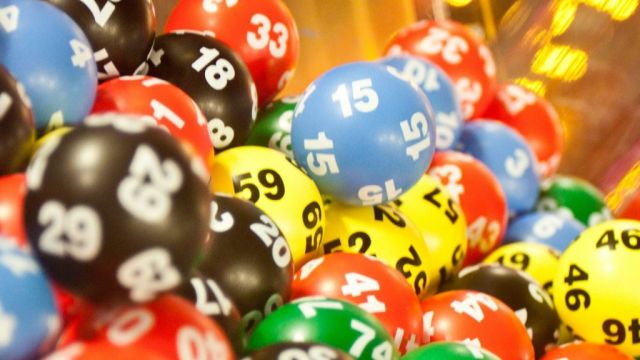In the realm of gambling, few pursuits capture the imagination quite like the lottery. It’s the dream of instant wealth, a chance to transcend the ordinary and enter a world of limitless possibilities. Every ticket bought represents a flicker of hope, a whisper of what could be Koitoto. But beneath this allure lies a complex tapestry of psychology, statistics, and societal impact.
The Allure of the Lottery
Lotteries are not just about numbers; they are about dreams. For many, buying a lottery ticket is akin to purchasing a ticket to a fantasy world where financial worries are a thing of the past. It’s a small price to pay for the chance to dream big. This allure is carefully cultivated by lottery organizers through advertising campaigns that emphasize the life-changing potential of winning.
The Mathematics of Hope
However, beneath the glitz and glamour lies the cold, hard reality of probability. The chances of winning the lottery are famously slim, with odds typically ranging from millions to one. For example, the odds of winning the Powerball jackpot in the United States are approximately 1 in 292 million. These odds are so steep that they defy easy comprehension.
Despite this, millions of people still buy tickets, drawn in by the tantalizing prospect of beating these odds. Psychologically, this can be understood as a form of “optimism bias,” where individuals believe that they are more likely to win than they actually are. This bias is reinforced by media coverage of big winners, which amplifies the perception that winning is not only possible but attainable.
The Social Impact
Lotteries are not just about individual dreams; they have broader social implications as well. Critics argue that lotteries disproportionately target lower-income individuals, who spend a larger proportion of their income on tickets. This regressive nature of lottery participation has raised ethical concerns, as it effectively serves as a tax on those who can least afford it.
On the other hand, proponents argue that lotteries provide crucial funding for public programs such as education and infrastructure. In many cases, a significant portion of lottery revenue is earmarked for these purposes, making them a vital source of public funding.


